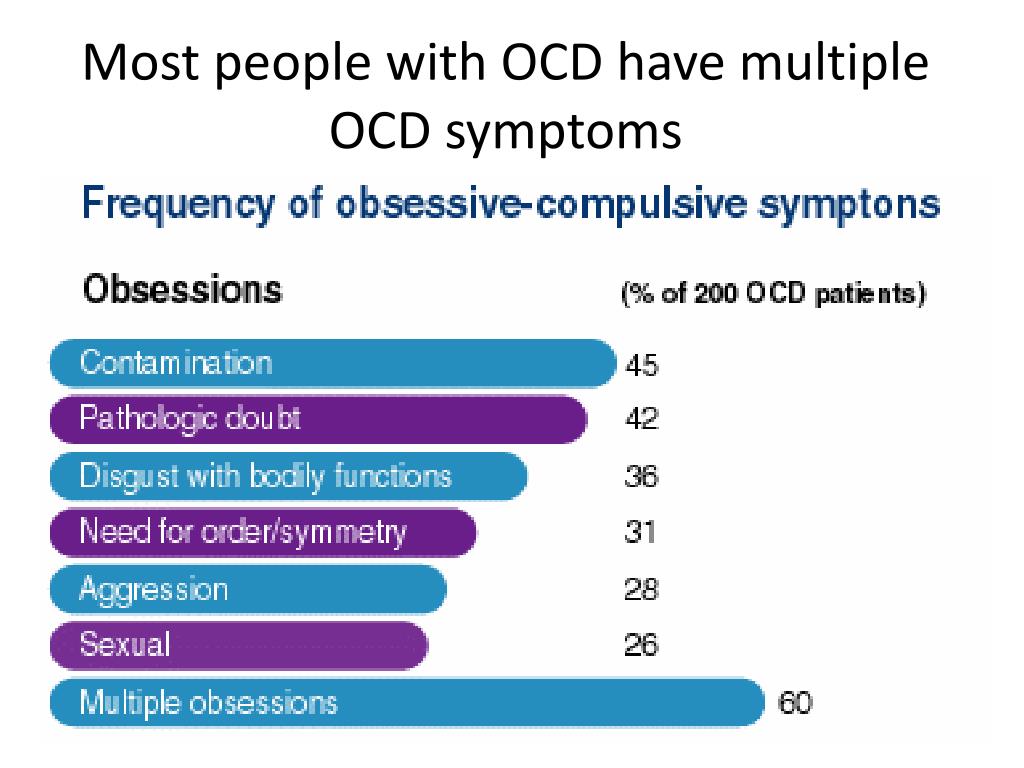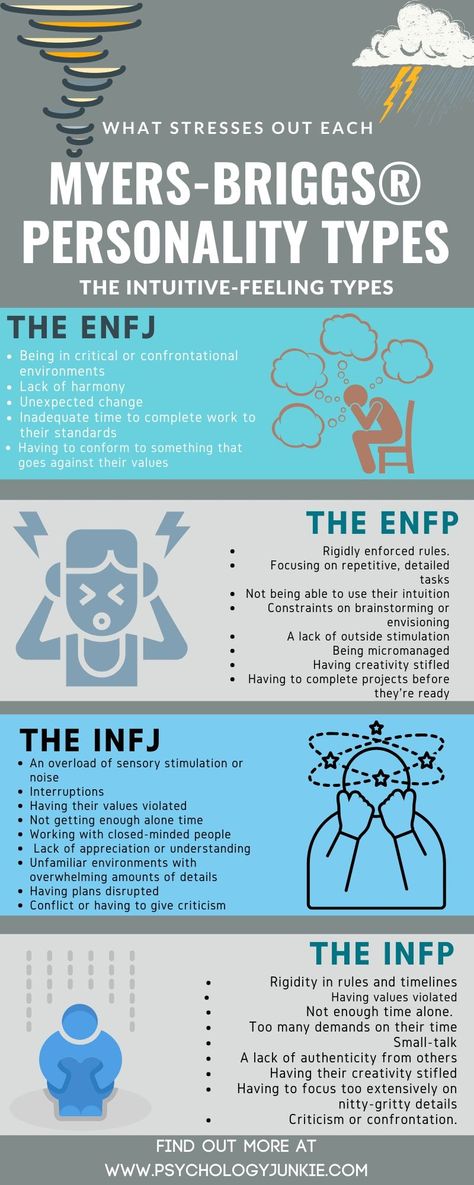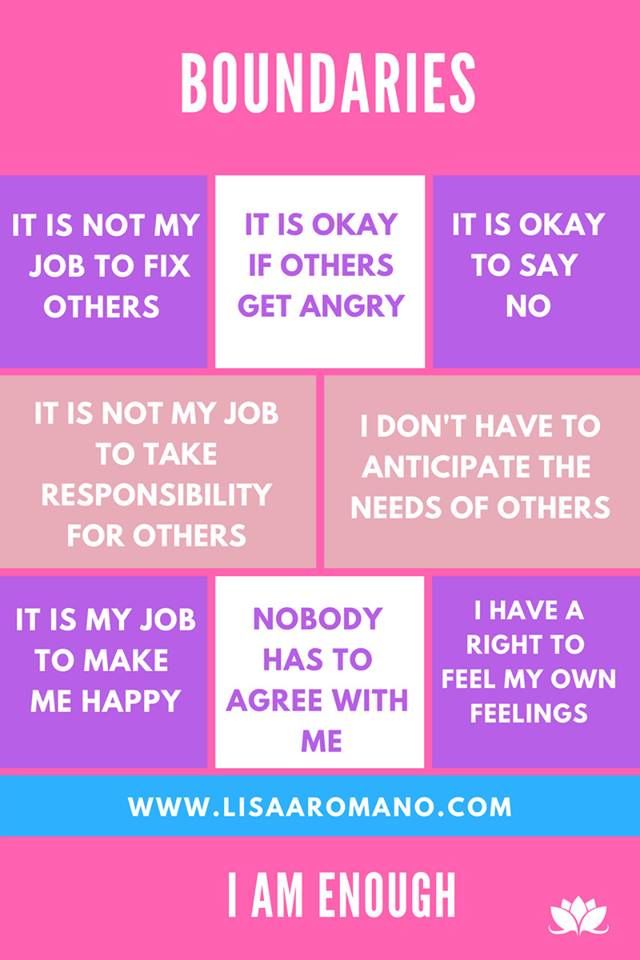What to say when someone is ill
35 example words of encouragement for a sick person
When someone we know falls sick, it can be hard to know what to say, especially if it’s a serious illness. However, a few words of encouragement can go a long way, letting the person know you’re thinking of them and you’re there for support should they need it. Below, you’ll find examples of comforting words for a sick person categorized by relationship types and situations.
Comforting words for a sick colleague
I’m sorry to hear you’re not feeling well. I want to drop off [a meal, some flowers, a card from the office]. Can I come by one day next week?
Sorry to hear you’re sick. Don’t worry, I’ll take care of everything while you’re gone.
Get well soon — can’t wait to have you back in the office!
So sorry to hear you’re having a hard time right now. I’m here if you ever need to talk.
Words of encouragement for a sick friend or family member
We’ll get through this together. I’m always here for you, day or night, no matter what happens.
Whatever you need, I’m here to help. You’re doing amazing, and I’m so proud of you.
I’m always on the other end of the phone when you need me.
I've always admired your strength and resilience.
Words of encouragement and strength in sickness for your partner
I love you, and I’m here for you. Whatever happens, we’ve got each other, and I think that makes us pretty lucky.
I’ll be by your side every step of the way, on good days and bad days.
You’re amazing, and you inspire me every day. I’m so lucky to have you in my life.
You can get through this, and I’ll be right here with you. We’re a team.
Comforting words for a sick parent
You always looked after me, and now I’m here to look after you. How can I support you right now?
The rest of the family and I will take care of everything. You just focus on taking care of yourself.
You’re strong, and I know you’ll get through this. Just take it one day at a time.
Words to say to a sick child
You’re a superstar, and I’m so proud of you! Can’t wait to go out for ice cream together when you’re feeling better.
You’re being so brave. Get well soon, my little fighter!
I bet everyone at school is missing you a ton, but I’m sure it won’t be long before you’re playing with your friends again.
Sorry things aren’t much fun right now — I hope that changes soon.
Words to wish someone a speedy recovery
Get well soon! I’m sure you’ll be back to your active self in no time.
Hoping you feel better every day.
Warmest wishes for a speedy recovery.
Thinking of you, and sending healing thoughts. You’re such a strong person, and I’ve always admired your courage and strength.
What to say when someone has a terminal illness
So sorry to hear your news. We’re all thinking of you. Let me know if you’d like a visit sometime. I’d also love to take you to your next doctor’s appointment [or bring a meal by, go for a walk with you, mow your grass]. Can I help out next week?
You’re so important to me, and I’m so glad to have known you. You’re an incredible person.
You mean so much to a lot of people. I hope you’re feeling very loved right now.
I can’t imagine how you’re feeling right now, but I’m always here if you want to talk it out.
Words of encouragement for a religious or spiritual person
We pray that you’ll be wrapped up in God's arms during this difficult time.
All of us at [place of worship] are thinking of you and keeping you in our prayers.
Thinking of you and hoping that your faith brings you comfort and fortitude.
Sorry to hear you’re unwell. Remember that God is always with you and keeps you in His light even through times of darkness.
What to say to someone who has cancer
Sorry to hear you’re battling this horrible illness — but you’re not battling it alone. I’m always happy to come with you to hospital appointments or just hang out and chat.
It’s ok to feel upset and angry. I’m always here if you want to get things off your chest.
You’ve always been a fighter, and you have such amazing courage.
Cancer is incredibly tough, but you’re tougher. Keep your head up.
Finding the right words
Illness and death are incredibly sensitive topics, and many people struggle with knowing what to say. Hopefully, these words of encouragement and strength in sickness will help you show up for friends and family if they become ill.
Read more: What to say instead of sorry for your loss? Try these 35 alternatives
75+ Things to Say When Someone is Sick
Cake values integrity and transparency. We follow a strict editorial process to provide you with the best content possible. We also may earn commission from purchases made through affiliate links. As an Amazon Associate, we earn from qualifying purchases. Learn more in our affiliate disclosure.
When someone you know is sick, it’s important to step up for that person in a small way. Though words of encouragement, affirmation, and positivity may not guarantee that this person will heal in record time or even at all, these messages can still have an impact.
Jump ahead to these sections:
- What to Say When Someone Is Sick with Cancer
- What to Say When Someone Is Terminally Ill
- What to Say When Someone Is Not Feeling Well or Has a Cold, Flu, or a Temporary Illness
- What to Say When Someone Is Sick in a Card, Text, or DM
- Religious or Spiritual Messages to Share When Someone’s Sick
- Famous Quotes to Share When Someone’s Sick
- What to Say to a Sick Toddler, Child, or Teenager
There's a huge connection between outlook and outcome in just about any trying circumstance. Sickness may not guarantee a person will pass away, however, there are resources out there for dealing with grief as well as how to offer condolences.
If you’re unable to set aside extra time to spend with the person who is sick, sharing a few words with them in person, via text or email, or even on social media can still make them feel seen. Whether the person has been diagnosed with cancer, is terminally ill, or has a temporary illness, we provide suggestions for each below.
Share your final wishes, just in case.
Create a free Cake end-of-life planning profile and instantly share your health, legal, funeral, and legacy decisions with a loved one.
Start planning
What to Say When Someone Is Sick with Cancer
Getting a diagnosis of cancer — regardless of the type or stage — is something no one should go through alone. It’s understandable that some people are fiercely private, and you may hear of someone’s diagnosis through the grapevine. However, sharing some words of encouragement isn’t a bad idea. As long as you’re coming from a place of care and respect, you can’t go wrong. Here are some ideas for what to say in a few different scenarios.
It’s important to note that you should not compare illnesses or individuals. If you have a previous connection to someone diagnosed with cancer or who was terminally ill, this does not mean that they will cope with it the same way. Avoid making comments about how serious or benign you think a diagnosis is, especially if you don’t have a medical background.
You should also refrain from sharing opinions about a person’s care regimen. In brief, know your place. If you are not a decision-maker for someone who is ill, do not act like one. Use your time with them to focus on the positive and how much you care for them. If you'd prefer to send a card and are looking for card messages, take a look at our guide to what to write in a card for someone with terminal cancer.
Not ready to start your will?
It's a big step and we get it! Share your email and we'll remind you in a few days.
Thank you for subscribing. Expect an email soon!
If you’re talking in person, here's what to say when someone is sick with cancer:
- “How are you doing? I happened to hear about your health. If you want to talk, I’m here to listen.”
- “I heard about your diagnosis. I hope I’m not overstepping by mentioning it. I just wanted to let you know I’m here to help your family with anything at all.”
- “If you need to talk to someone who’s been through this, I’m here.
 I never felt like talking about my diagnosis, but when I did, I always felt better.”
I never felt like talking about my diagnosis, but when I did, I always felt better.” - “How are you feeling? If there’s anything I can do for you, let me know. I’m here for you.”
If you’re texting or talking via email, here's what to say when someone is sick with cancer:
- “I wanted to remind you how much of a boss you are. You’re one of the strongest people I’ve ever met. You’re gonna kick this thing’s butt, I know it.”
- “Checking in to say I love you and you’re going to get through this. I’m always here if you need to talk or just want some baked goods!”
- “I’m here to talk when you’re feeling up to it. I know you don’t like being called brave or strong, but you are — that’s the truth. I love you!”
If you’re communicating on social media, here's what to say when someone is sick with cancer:
- “You’re stronger than all of us. I love you, and I’m praying for you!”
- “There’s nothing you can’t do. I’m thinking of you and rooting for you.
 ”
” - “I love you — you’re the epitome of strength and grace, even through the toughest times. Keep fighting!”
What to Say When Someone Is Terminally Ill
When someone is terminally ill, the circumstances are more grave. However, the tone and intent of your message shouldn’t change. You should still offer warmth, encouragement, and support, no matter how much time they may have left. It’s your choice on how you want to impact their time here — so make it enjoyable.
Below you will find some ideas for what to say in a few different scenarios. You can also bring or send a gift that will cheer them up and provide comfort. Of course, let these suggestions serve as a guide. You know the person you’re talking to better than we do. And, naturally, you don’t want to say anything to upset them or their other family members. Similarly, here are some examples if you’re struggling to write a sympathy message or don’t know what’s appropriate.
If you’re talking in person, here's what to say when someone is terminally ill:
- “I’m going to keep bugging you — and I better not stop hearing from you either.
 ”
” - “I love you, you know that, right? There’s nothing I wouldn’t do for you. You let me know. And if you don’t, I’ll make my best guess.”
- “I know this is a hard conversation to have, but I had to ask. Is there any unfinished business I can help with?”
- “Is there anything I can do to make you happier? What’s missing? I want to make sure you have everything you need.”
If you’re texting or talking via email, here's what to say when someone is terminally ill:
- “I love you so much. I can’t begin to explain how much I admire your bravery and your resolve. I’ve been looking up to you my whole life, and I don’t see that changing anytime soon.”
- “You’re one of the best people I’ve ever known. I’m going to keep praying for you, but I know you’re taken care of. I love you.”
- “I love you, I hope you’re behaving yourself — kidding. If there’s anything I can do to help us break a few more rules, let me know.”
If you’re communicating on social media, here's what to say when someone is terminally ill:
- “You’re beautiful, now as much as ever.
 I can only hope to live up to the amazing example you’ve set for all those around you. I love you!”
I can only hope to live up to the amazing example you’ve set for all those around you. I love you!” - “You’re Superman/Superwoman, and don’t let anyone forget it! You continue to be such an inspiration, even through this. I’ll love you forever and always.”
- “I love you. You’re a superhero and the bravest person in the galaxy — I know, you’re gonna roll your eyes when you see this.”
What to Say When Someone Is Not Feeling Well or Has a Cold, Flu, or a Temporary Illness
It’s a bit easier to know what to say when someone has a temporary illness. This is mostly because you’ve likely gone through a similar situation yourself, so you know what you’d like to hear. Though temporary illnesses, such as the flu or colds, are less serious, they can still knock you around quite severely.
It’s important to remain sensitive to the person, encourage his or her recovery, and make sure they take care of themselves in the meantime. That being said, try not to say anything like he or she is being “dramatic” or “being a baby. ” Regardless of the truth, no one likes to hear this, and negativity won’t help anything.
” Regardless of the truth, no one likes to hear this, and negativity won’t help anything.
Furthermore, if your friend or loved one is contagious, you may not be able to see him or her in person. This makes your message even more important. You may also consider giving him or her a gift, like a healthy snacks care package, cozy throw blanket, or something similar to a sympathy gift. Here are a few examples for inspiration, if you’re one of those people who never knows what to say.
» Get help from GoodTrust: Easily close down and memorialize your digital accounts with GoodTrust's Executor+ plan. Only $90 per account. Learn more
If you’re talking in person, here's what to say when someone is not feeling well:
- “How are you feeling? If there’s anything you need help with, let me know. You should focus on getting better.”
- “Can I bring you anything or help around the house in any way? I want to make sure you focus on resting.
 ”
” - “You better be taking it easy! I know you don’t like it when I tell you what to do, but I love you, and I want you back to your best self.”
- “What can I do to make you feel better? I’ll do anything for you! I want you to be well.”
If you’re texting or talking via email, here's what to say when someone is not feeling well:
- “How’s it going? I’m checking in to see if you need anything and to tell you I love you!”
- “You’ve got this — please give yourself a break and focus on getting better. Work and exercise can wait. Now go watch a movie and make sure to drink your fluids!”
- “I love you! I hope everything is going all right and you’re feeling a little better. If there’s anything I can do, I’m here!”
- “Can I stop by with anything? Medicine? Soup? I want you back on your feet. Love you!”
If you’re communicating on social media, here's what to say when someone is not feeling well:
- “I heard you’re not feeling well.
 I wanted to send some love and good vibes your way! Let me know if there’s anything I can do — I’m about to send some memes whether you want them or not.
I wanted to send some love and good vibes your way! Let me know if there’s anything I can do — I’m about to send some memes whether you want them or not. - “Love ya! I heard you’re under the weather. I hope you’re cutting yourself some slack and taking it easy. You deserve to rest!”
What to Say When Someone Is Sick in a Card, Text, or DM
If you can't see your loved one and talk to them in person while sick, a thoughtful card, text, or direct message (DM) can convey everything you need.
Especially with more contagious illnesses, your loved one will understand if you can't spend some time face-to-face. This also applies if your loved one lives far away or you can't take a trip to see them.
Your loved one likely wants some privacy when they're not looking or feeling their best, but they'll appreciate your gesture all the same. Cards, for one, are an often very personal way to send well wishes — art or a fun design and message in your handwriting could easily become a keepsake.
Here are some ideas for what to say in a card to someone who’s sick:
- “Dear friend, I heard you’re under the weather. But remember, there’s no weather you can’t weather whether you think you can handle it or not. You’re just that strong. I love you, feel better soon. [NAME]”
- “Dear [NAME], I can’t believe any illness would dare come near you, doesn’t it know who it’s messing with? Anyway, hurry up and kick this thing’s butt and feel better soon. I miss you so much! Give me a call if you’re feeling up to it. [NAME].”
- “Dear [NAME], I hope by the time this card reaches you you’re already feeling better. Or, maybe the card itself will make you feel better. Either way, feel better. I love you, [NAME].”
Here are some ideas for what to say in a text to someone who’s sick:
- “I heard you’re not feeling well — that’s such a bummer! If you need help with anything around the house or grabbing groceries I’m happy to help.
 Just let me know!”
Just let me know!” - “You’re not feeling well? That’s no fun! I’m telling you right now, though, you better be resting and not expecting too much of yourself. I mean it! I’ll come over there and make sure of it. Love you.”
- “Even though you’re sick I wouldn’t doubt that you’re hanging out in an outfit ready for the club — it’s called a robe! It’s OK to wear one! Kidding, love. I hope you feel better soon so we can hit the town for real!”
Here are some ideas for what to say in a DM to someone who’s sick:
- “Hi, how are you feeling? Better, I hope? If there’s anything I can do, let me know!”
- “I saw you mentioned you weren’t feeling well — I know it’s been a while since we’ve chatted but I’d love to catch up soon once you’re better. Please take care and let me know if there’s anything I can do to help!”
Religious or Spiritual Messages to Share When Someone’s Sick
Many people lean on religion or spirituality to find strength, purpose, and meaning through the good and bad times.
If you know a more religious or spiritual message will resonate with your loved one, during an illness is the perfect time to do so. Even if your loved one isn’t that big on religion or spirituality, these sentiments can provide immense comfort.
When drafting your message, like always, it’s essential to put yourself in the shoes of your loved one — how are they feeling emotionally? What sorts of ideas or themes might be best to share? What might not be best to share?
» Get help from GoodTrust: Easily close down and memorialize your digital accounts with GoodTrust's Executor+ plan. Only $90 per account. Learn more
Here are some religious messages to share when someone’s sick:
- “Fear not, for I am with you; be not dismayed, for I am your God. I will strengthen you, yes, I will help you, I will uphold you with my righteous right hand.” — Isaiah 41:10
- “Come to me, all you who are weary and burdened, and I will give you rest.
 ” — Matthew 11:28
” — Matthew 11:28 - “A cheerful heart is good medicine, but a crushed spirit dries up the bones.” — Proverbs 17:22
- “Beloved, I pray that all may go well with you and that you may be in good health, as it goes well with your soul.” — 3 John 1:2
- “Better it is to live one day seeing the rise and fall of things than to live a hundred years without ever seeing the rise and fall of things.” — Gautama Buddha
- “A person who takes a walk of 100 feet and a person who walks 2,000 miles have one major thing in common. They both need to take a first step before they take a second step.” — Rabbi Zelig Pliskin
- “We have no understanding of the energy that God planted within our souls. Therefore, God has to test us to bring forth those treasures that are buried deep within ourselves and make us unique.” — Rebbeztin Esther Jungreis
- “Get rid of the hardship and heal, O Lord of the People, you are the Healer, and there is no healing of disease like Yours.
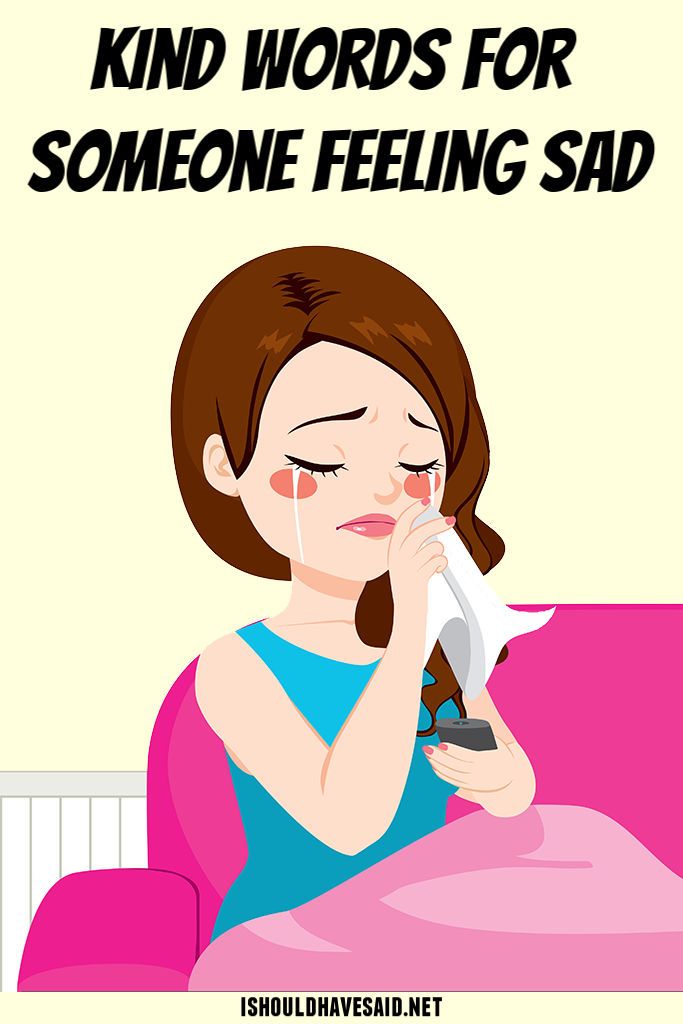 Let it be healing that is not betrayed by sickness.” — Prophet Muhammad
Let it be healing that is not betrayed by sickness.” — Prophet Muhammad - “The Spirit is neither born nor does it die at any time. It does not come into being or cease to exist. It is unborn, eternal, permanent, and primeval. The Spirit is not destroyed when the body is destroyed.” — Bhagavad Gita (2.20)
Here are some spiritual messages to share when someone’s sick:
- “Sometimes your joy is the source of your smile, but sometimes your smile can be the source of your joy.” — Thich Nhat Hanh
- “To be beautiful means to be yourself. You don’t need to be accepted by others. You need to accept yourself.” ― Thich Nhat Hanh
- “Because you are alive, everything is possible.” ― Thich Nhat Hanh
- “The more you recognize the immense good within you, the more you magnetize immense good around you.” — Alan Cohen
- “Who looks outside, dreams. Who looks inside, awakens.
 ” — Carl Jung
” — Carl Jung - “Taking the time to meditate is as important as taking the time to breathe. One pumps oxygen into the body, the other pumps peace into the mind.” — Marianne Williamson
Famous Quotes to Share When Someone’s Sick
Looking up famous quotes to share when someone’s sick isn’t cheating — so don’t think of it that way! Why reinvent the wheel, so to speak, if someone else has said exactly what you want to exactly how you want to?
Sharing something inspiring with your loved one when they’re at their lowest from someone they look up to can only help. You may even give them the idea to reread one of their favorite books, rewatch one of their favorite movies, and so on to pass the time as they recuperate.
Here are some famous quotes from books and individuals to share when someone’s sick, resting, or in recovery:
- “Promise me you’ll always remember: You’re braver than you believe, and stronger than you seem, and smarter than you think.
 ” — A. A. Milne
” — A. A. Milne - “Start by doing what’s necessary; then do what’s possible; and suddenly you are doing the impossible.” — Francis of Assisi
- “We are stronger in the places we have been broken.” — Ernest Hemingway
- “It does not matter how slowly you go as long as you do not stop.” — Confucius
- “Do the difficult things while they are easy and do the great things while they are small. A journey of a thousand miles must begin with a single step.” — Lao Tzu
- “You just can't beat the person who never gives up.” — Babe Ruth
- “Strength does not come from physical capacity. It comes from an indomitable will.” — Mahatma Gandhi
- “Courage isn’t having the strength to go on — it is going on when you don’t have strength.” — Napoléon Bonaparte
- “Believe you can and you’re halfway there.” — Theodore Roosevelt
- “Rest is not idleness, and to lie sometimes on the grass under trees on a summer's day, listening to the murmur of the water, or watching the clouds float across the sky, is by no means a waste of time.
 ” ― John Lubbock
” ― John Lubbock - “Hardships often prepare ordinary people for an extraordinary destiny.” — C.S. Lewis
- “In the midst of winter, I found there was, within me, an invincible summer. And that makes me happy. For it says that no matter how hard the world pushes against me, within me, there’s something stronger — something better, pushing right back.” — Albert Camus
- “Experience is not what happens to you, it is what you do with what happens to you.” — Aldous Huxley
- “Sometimes all we need is a little pampering to help us feel better.” — Charles M. Schulz
- “The mind is like a fertile garden in which anything that is planted, flowers or weeds, will grow.” — Bruce Lee
What to Say to a Sick Toddler, Child, or Teenager
It’s not always easy to know what to say to a toddler, child, or teenager — regardless of how close you are to them. Illness can make anyone feel not like themselves (likely more cranky and sensitive than normal).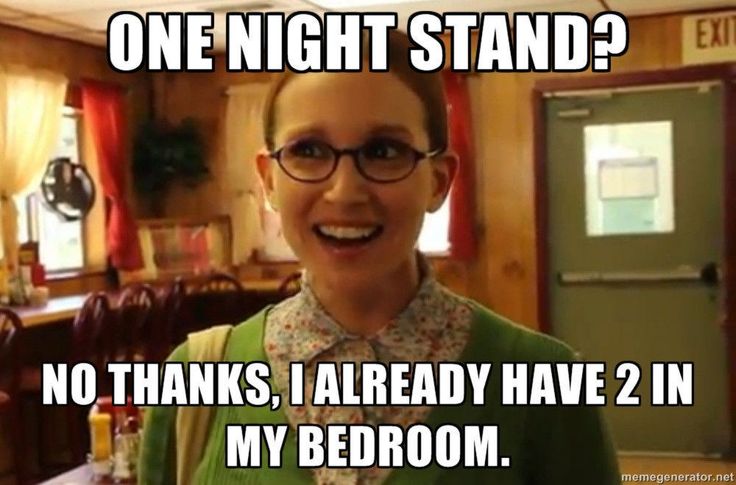
With anyone who’s sick, it’s important to gentle and cognizant of their feelings. Try to cheer the child or teen up, as they might be scared and confused.
To help you brainstorm, perhaps think back to when you didn’t feel well as a child — what sorts of things did you like to hear? Or, what has helped your own children in the past?
Here are some ideas for what to say to a sick toddler:
- “You’re being so brave! You’ve practically grown into a big kid overnight! I’m sure your mom and dad are so proud of you. I hope you feel better soon!”
- “Did you know that even superheroes don’t feel well sometimes? And do you know what they do to feel better? They get lots of sleep and eat lots of healthy superfoods to feel better. I love you, my superhero!”
- “When I’m feeling scared, I think back to the last thing that scared me and how I overcame it. You’re so strong, you’ll get through this, too! Love you, little one!”
Here are some ideas for what to say to a sick child:
- “I hope you’re eating all your favorite foods and watching all your favorite movies.
 You need to rest up and drink all your juice and water so you can feel big and strong and play your puppy again. Get well soon!”
You need to rest up and drink all your juice and water so you can feel big and strong and play your puppy again. Get well soon!” - “Hey super[girl/boy], I heard you’re not feeling too hot — I bet you could still beat me in a race, though (but no flying, that’s cheating!). Feel better.”
- “The sun will come up tomorrow, you have to remember that! So, no matter how dark and stormy you’re feeling today, there’s always tomorrow. I love you.”
Here are some ideas for what to say to a sick teenager:
- “There’s no one more prepared in the world to take this on than you. I know it sucks and it’s scary and it shouldn’t be happening to you — but it is. I don’t have a doubt in my mind that you’ll overcome this with grace and strength just like everything else you’ve accomplished!”
- “You’re so important to me, I’m so sorry to hear that my favorite person isn’t feeling well! I hope you’re getting enough rest and fluids so that we can plan a get together soon.
 Be kind and gentle to yourself through this time.”
Be kind and gentle to yourself through this time.” - “Do kids these days still say ‘sick’ as in cool? Well, anyway, it’s totally not cool that you’re sick. I’ll be thinking of you and praying for your recovery — I need you feeling better — no one else is around to make fun of my outfits!”
Even the Worst Circumstances Can Benefit From Positivity
The mind-body connection is a real thing. It’s likely that you want to see your loved one enjoy their life as much as possible, regardless of their health limitations. Doing your part by sharing words of encouragement can work wonders for them.
Even if their body does not respond with a quicker recovery or is even able to recover at all, you’re providing them with love and support. These two things are arguably what everyone spends their whole life chasing — finding it makes all the difference.
Categories:
Serious & terminal illness Condolences & what to say Relationships
How to support a loved one who is seriously ill
Freepik It is very difficult to find out that the person you love is ill, had an accident or received a terrible diagnosis. Perhaps this is the most difficult thing that many face in life. But unfortunately, no one is immune from such a situation.
Perhaps this is the most difficult thing that many face in life. But unfortunately, no one is immune from such a situation.
“A person may be shocked, frightened, preoccupied with their thoughts, or overwhelmed with anxiety for their loved one,” says Anna Moyer, professor of psychology at Stony Brook University.
“All these feelings are perfectly normal. Any significant health problem is a powerful change in life, it is always scary, ”adds Melody Vinaver, a neurologist and neurophysiologist at Columbia University.
“Suddenly, all plans go to waste: expectations and ideas about how life should have gone in general collapse,” Melody continues. “And this sudden change is very difficult to survive. Both."
There are no clear rules and guidelines on how to deal with a crisis. But there are some key principles to keep in mind to support your loved one. So, what is worth and what is not worth doing if a loved one is seriously ill.
Talk
“It's better to say something than not to say anything,” says Ron Blake, a survivor of sexual abuse and now struggling with post-traumatic stress disorder. - You can even say something like "I don't know what to say, I just want to say at least something." In this way, you will let your loved one know that you are nearby, ready to help. Silence destroys."
- You can even say something like "I don't know what to say, I just want to say at least something." In this way, you will let your loved one know that you are nearby, ready to help. Silence destroys."
If a person does not know what to say, but makes it clear that he recognizes and sees the current situation, then he does not deny it. It's worth trying to genuinely express empathy, such as, "I don't know how I can help, but I'm with you," or "I feel terrible, but I'll do anything to help you," Moyer suggests.
Think only of yourself
“It's human nature to focus on one's self,” says neurologist Melody Winaver. But you need to try to refrain from this when communicating with a loved one who has learned a terrible diagnosis. It is important to abstract from yourself, not to take yourself into account, but to give the other person the opportunity to say what he feels and try not to be intrusive.
“You can say something along the lines of: “I can’t even imagine how you feel right now. How are you?" or “I have no idea how to behave in this situation, but I would really like to understand how you feel,” Dr. Vinaver suggests.
How are you?" or “I have no idea how to behave in this situation, but I would really like to understand how you feel,” Dr. Vinaver suggests.
Offer specific help
Many people think it's okay to offer help something like, "If you need anything, just let me know." “However, this puts a person who has learned about a serious diagnosis in a difficult and strange position: he will have to think about how exactly you can help him,” says Nick Arquette, founder and CEO of Walking with Sally Foundation (Walk with Sally), which helps families whose loved ones have cancer.
“When your friend or loved one finds out about a difficult diagnosis, one of the best ways to show support is to save them the trouble of asking,” says Nick. - In other words, take on their daily worries, for example, washing or paying and sending invoices on time, cooking dinner for the whole family. Or simply offer to walk down the street together and get some fresh air so that the person can talk, open up and clear his head if he needs it.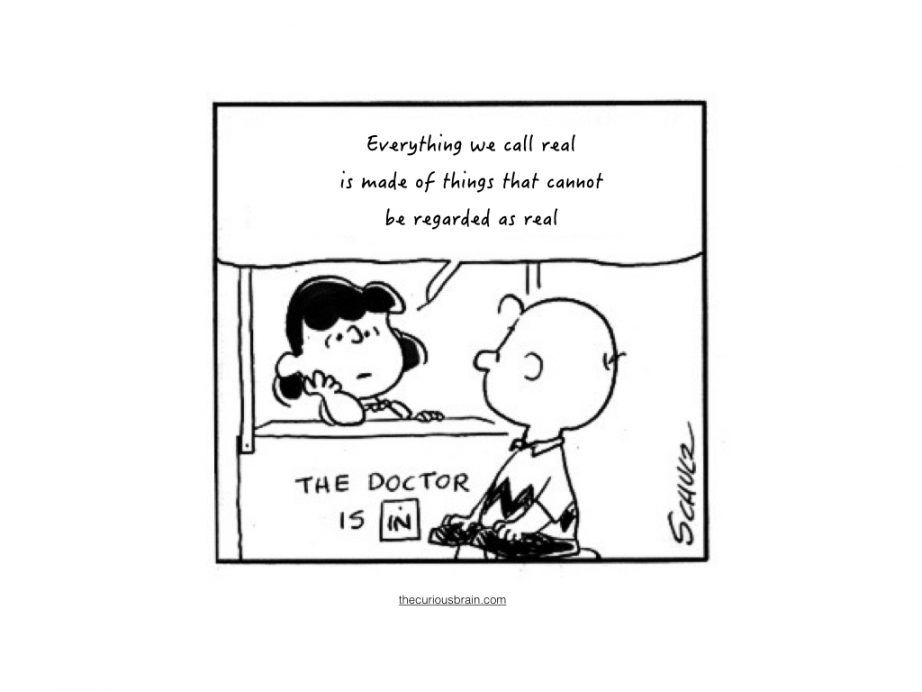
Kristina Pandapas was diagnosed with stage 3 colorectal cancer at the age of 46. “If someone cooks food for the whole family, this is a huge help. If someone can take the children to their matinees at school. Or maybe take them to her place for the night,” she says. “Anything that can somehow add fun and a sense of normality reduces the stress of the whole family.”
You can also ask the partner of the sick person what kind of help will bring the most benefit. “It is far from easy for everyone to accept the help that is offered,” says Christina. “My husband became a real expert at this and helped his friends deal with my ego.”
Play an expert
Even if a doctor with experience in managing patients with a similar disease wants to support a friend, you need to remember that each person has his own personal, always individual experience. What can we say about other situations.
“Most people who have a health problem have a team of specialists who supervise them,” says Christina Pandapas. “And most likely, your loved one does not need incompetent recommendations that will be based on the experience of your great-aunt’s great-nephew.”
“And most likely, your loved one does not need incompetent recommendations that will be based on the experience of your great-aunt’s great-nephew.”
“You also shouldn't be overly optimistic, no matter how well-intentioned you are,” said Rachel Soper Sanders, who was in a severe car accident and lives with chronic pain. “Don’t tell a person ‘everything will be fine,’ because no one really knows what will happen.”
According to Rachel, don't assume that a person is fine just because they look good on the outside. With many diseases, there are no visible changes, so comments about appearance can sound peremptory and even hurt.
Cheer
Of course, knowing how the person you love is doing is important. But it’s better not to ask questions like “How are you? How are you?” because they may inadvertently remind a person of their illness.
“I was always fine until someone asked me how I was doing. And then I could hardly hold back the tears,” shares Christina Pandapas.
If you really need to know about a person’s treatment or well-being, it’s better to ask “What’s the news?”
Take rejection to heart
“Each person reacts differently to their disease and condition. For most, discussing their problems brings relief, but there will be those who do not want to open up, ”comments Melody Vinaver.
Do not put pressure on a person if they are not ready to speak. The best thing to say is, "Just let me know if you want me to leave or stop asking questions - it won't hurt me," Vinaver says. “Try to learn how to keep pauses, not try to fill them with some phrases about yourself. Sometimes a person needs to be close to someone, but in silence.
Giving a sense of “normality”
“Realize that being around someone who is having health problems is a constant search for balance. says Christina Pandapas. “Maybe he needs support. But there may come a moment when he gets tired of being a patient. If you are around and go about your normal life as you always do - watching TV, talking about everyday things, walking your dog and talking about anything but illness - it will bring great relief.
But there may come a moment when he gets tired of being a patient. If you are around and go about your normal life as you always do - watching TV, talking about everyday things, walking your dog and talking about anything but illness - it will bring great relief.
Rachel Sanders could not leave the house for a long time after the accident. Her relationships with people and social interaction suffered greatly because of this. “What a joy it was when there was someone next to me with whom you could just have a chat, who could just be at home with me,” she recalls.
Disappear
“When everyone hears about a diagnosis or immediately after an incident, there is usually a burst of activity and willingness to help,” says Melody Winaver. - But after a few days or weeks, many people disappear, despite the fact that the person continues to live in the conditions of the disease and his diagnosis. Stay close as long as possible, send SMS from time to time, this will show that you care about the condition of your loved one, give him or her a certificate for a massage or manicure.
Kristina Pandapas says that during her recovery, her friends were always there and supportive, which meant a lot to her.
“They had some amazing, irrational sense of time. When I was tired and I had a breakdown, the courier suddenly called and brought me flowers, or one of my friends wrote me a very heartfelt letter just to find out how I was, ”Kristina shares. “Perhaps the most important thing for me was that they highly appreciated my strength. And it helped me a lot to maintain those very forces.”
Source
The seven most stupid phrases that their relatives say to the sick
Letty Kottin Pogrebin's book "Testing with illness - how to communicate, maintain relationships and help your loved one" was published by Livebooks with the support of the Happy World charity foundation. The idea to write a book "about friendship and illness" came to the author in the queue to the oncologist.
Special words needed
Imagine that you meet an old friend by chance.
– Hello, how are you?
– You know, I was diagnosed with cancer.
Who among us could adequately continue such a conversation? How to support and console a person without falling into mock cheerfulness, into lisping, without fencing off a friend with a protective mask of kindness or indifference?
It's easy to express friendly concern at a joint dinner, but when your friend or relative is sick, in order to maintain the former warmth of the relationship, special words are needed. This book is about them.
Oncologist's office
Letty Cottin Pogrebin. Photo courtesy of theberkshireedge.comDespite the heavy topics the author touches on, The Trial by Illness is a fascinating read, both a reference book and an autobiographical tale. Author Letty Kottin Pogrebin, a journalist and writer, describes the events that begin in 2009, on the day of her 70th birthday, which she calls the best in her life.
Letty summed up her life, dreaming that tomorrow would be no worse than today.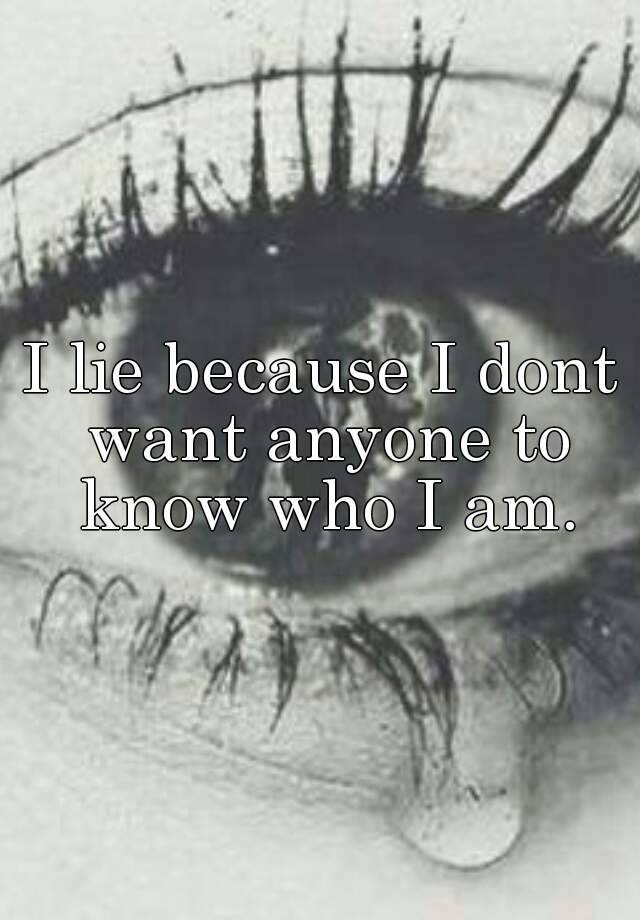 But a month later, a routine examination revealed she had breast cancer.
But a month later, a routine examination revealed she had breast cancer.
It was necessary to go through the shock, calm the relatives and make a decision about the treatment. But Letty's life stopped and froze in the waiting room of the clinic, at the doctor's offices, in a queue of the same poor fellows.
However, Letty, accustomed to finding meaning in everything, was confused for a while. And I didn’t have to go far for a new meaning, it turned out to be enough to change the angle of view. And the reception of the oncology center turned from a torture chamber into a creative laboratory.
Disease - unmapped area
You can't imagine a better place for material, a writer can only dream of such a variety of characters, and everyone has plenty of time to talk. Already on the outskirts of the topic, Letty suddenly realized: “Disease is an uncharted territory!” And began to make a map of the area.
There were many questions requiring clarification. Why is it easy to accept help from some people, but you want to avoid communication with others? Is there a way for the patient to convey his desires to others without fear of appearing ungrateful and rude himself?
Why is it easy to accept help from some people, but you want to avoid communication with others? Is there a way for the patient to convey his desires to others without fear of appearing ungrateful and rude himself?
It turned out that people's reactions to diseases (including the same disease) are no less diverse than the diseases themselves. Different models of behavior of the patients themselves, their relatives and friends became the subject of study for Letty. In her book, she decided to “give equal time to negative and positive experiences.”
. We offer the most typical mistakes that people make in relation to their sick loved ones.
Kathleen had hip replacement surgery. When a friend who visited her in the hospital called the operation “minor surgery,” Kathleen replied offended: “Minor surgery is any operation that someone else has not undergone, but someone else.”
Marion was diagnosed with breast cancer eight years after her husband died on September 11 in New York. Upon learning of Marion's illness, her friend flippantly "blamed" the sick woman herself: "That's what bad karma means. Otherwise, why would you attract so many troubles to yourself?
Upon learning of Marion's illness, her friend flippantly "blamed" the sick woman herself: "That's what bad karma means. Otherwise, why would you attract so many troubles to yourself?
"It's good that you're already married" - "comforted" her friend Eisha, who had just had a mastectomy.
Jennette Avery, marathon runner and stroke survivor, often hears from her friends, “I can't believe this happened to you! You were into sports! As a result, Jennet began to hate past tense verbs: “Why say that? It just reminds me of who I used to be."
Patrick confessed to his brother that the metastases had already affected the lymph nodes. "What are lymph nodes?" the brother asked. Patrick couldn’t explain right off the bat, and his brother reproached him: “Why didn’t you study this issue properly?”
How not to deceive and hurt a sick loved one: seven rules
Photo from bookmate.com But we don't always hurt our loved ones, because we ourselves are cruel. Often - simply because we do not know what to say.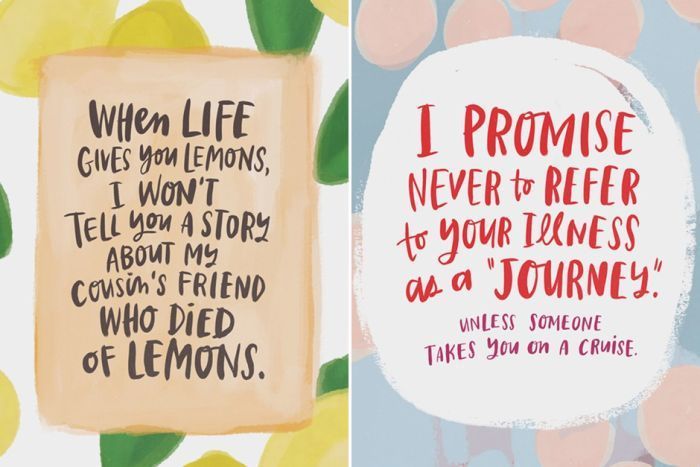 Letty offers seven rules of conduct that will help us show sincere concern without hurting a friend.
Letty offers seven rules of conduct that will help us show sincere concern without hurting a friend.
1. Believe it or not, the most common response to start a conversation is “How are you?” - can upset a sick person.
How are you? insidious, it requires a person to instantly decide how frankly he should answer. Therefore, you should ask this question only when you are ready to hear the answer and not be afraid of the details.
What can replace this question? You can just say, "I'm glad to see you." Or instead of "How do you feel?" ask: “How do you feel?”, but only if you are ready to hear the answer.
2. Do not say to a person who has an incurable or chronic illness, "Get well soon!" because he will not get well. When communicating with such a patient, one must understand that the main problem will not disappear, just as friends should not disappear.
3. Each patient needs his own amount of attention, someone needs to be led by the hand from room to room, and someone just needs to call once a week.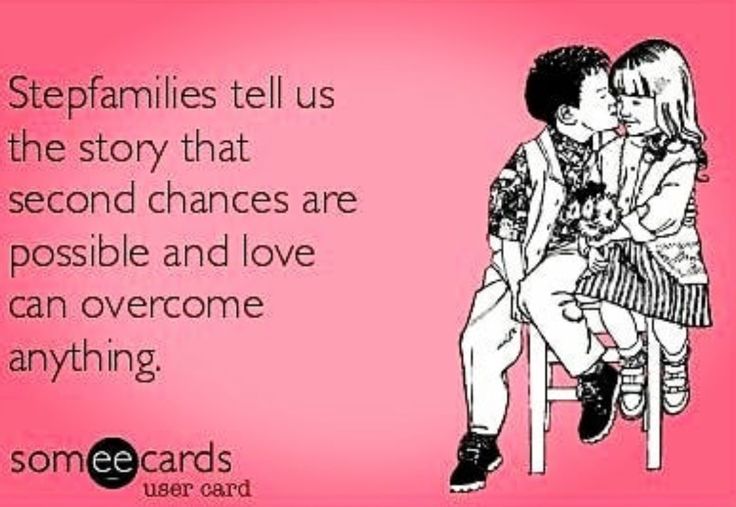 What is suitable for communicating with one patient may offend or offend another.
What is suitable for communicating with one patient may offend or offend another.
4. Avoid platitudes, empty consolations, such as "We are all in the same boat." “Yeah, only a few of them had a leak in this boat,” said a veteran who lost both legs in the war and then fell ill with cancer.
5. Try not to interrupt the patient when he talks about himself. After all, he shares not just information in such a way (which may seem insignificant to you), he communicates and interacts in such a way. It is important for him to be heard.
6. Do not interrupt the patient's story with remarks like: "My dog also had a tumor removed." It's tactless and rude. It is wrong to compare different people, different situations.
7. Keep promises, or don't make them at all. Be there, listen, offer all possible help.
We do not favor information about sorrows and illnesses, only those who are "locked" look for it, but here's the paradox: this information is sorely lacking.
